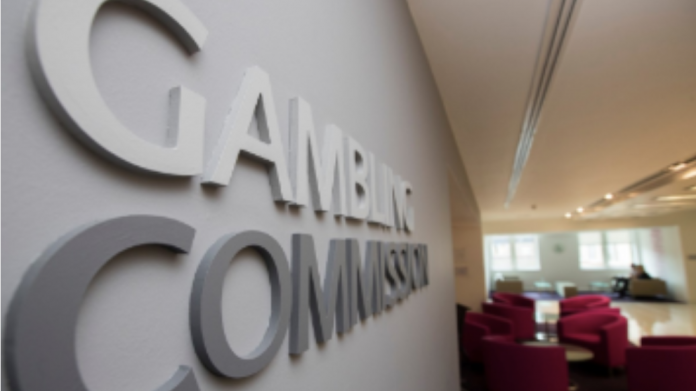The UK Gambling Commission has reaffirmed its commitment to protecting vulnerable players, emphasising that ‘there is always more to do’ after the regulator was branded as ‘toothless’ and in need of a ‘radical overhaul’.
It follows a House of Commons Public Account Committee report which also branded the Department for Digital, Culture, Media & Media as ‘complacent’.
A spokesperson from the Gambling Commission said: “We are committed to making even further and faster progress to address gambling harms and were already addressing a number of the issues highlighted by the National Audit Office earlier this year.
“Over the past two years we have strengthened player protection measures, tightened the regulation of the online sector, introduced strict age and ID verification checks, brought in a ban on gambling with credit cards, and been tougher through our enforcement activity.
“In recent weeks we have also established an Experts by Experience advisory group who will help us to strengthen our efforts and help ensure we make an impact where it matters.
“We accepted before the Committee that there is always more to do and we are carefully considering the findings of their report to see what other additional steps we can take.”
The report was based on one evidence session with DCMS permanent secretary Sarah Healey and Gambling Commission chief executive Neil McArthur as well as 17 written submissions which highlighted several recommendations.
These included proactive measures for consumer care, such as league tables, a ‘radical’ improvement on the data collected and the strengthening of consumer rights.
Meg Hillier MP, chair of the Committee, said: “What has emerged in evidence is a picture of a torpid, toothless regulator that doesn’t seem terribly interested in either the harms it exists to reduce or the means it might use to achieve that.
“The Commission needs a radical overhaul: it must be quicker at responding to problems, update company licence conditions to protect vulnerable consumers and beef up those consumers’ rights to redress when it fails.”
The report highlighted that the Gambling Commission is failing to measure its own effectiveness with it expressing concerns over whether the regulator has a ‘limited understanding’ of its actions and the resulting impact.
The report read: “The Commission has clear overall objectives to ensure that gambling is fair and safe but does not have meaningful indicators to measure whether it is being effective, and therefore to be held to account. The Commission also has limited understanding of the impact of its actions to improve outcomes for consumers.
“For example, it increased the value of the financial penalties it enforced from £1.4m in 2014-15 to £19.6m in 2018-19, but it does not know whether this increase has strengthened the deterrent on operators to break rules. The Commission acknowledges it can do more to improve how it evaluates its impact and is planning work to strengthen its evaluation framework.
“Under the current regime, consolidation within the industry results in a reduction in the Gambling Commission’s budget regardless of the impact on the gambling yield. The Gambling Commission told the Committee that a recent merger could result in a reduction of £400,000 in the Commission’s budget.
“In contrast to the Commission’s £19m a year, the gambling industry has agreed to spend £60m to treat problem gamblers.
“The government has approached other public health issues on the basis that prevention is better than cure. However, the Department was unwilling to accept the premise that increasing the Commission’s budget to prevent harm would be preferable to spending on treating problem gamblers.”
The report concluded by stating that the Commission and DCMS were looking at ways to improve the regulatory funding model, which included changes to licence fees through secondary legislation. It also confirmed that some aspects would require primary legislation, particularly if the Commission needed additional powers.
In response to the report, the Betting and Gaming Council stated that the industry is ‘working hard to raise standards to help problem gamblers and those at risk’ and noted that both the regulator and the government have ‘made it clear that there is no evidence that problem gambling has increased’.
The BGC said: “Our industry is already heavily regulated. We mustn’t drive customers to offshore, black market, illegal operators that don’t have any of our safeguards, and we do want to see more action taken against the unregulated industry.
“We are committed to making more voluntary changes and driving up safer gambling standards. We will work with the Gambling Commission and the Government to achieve this, particularly on the forthcoming Review of the Gambling Act.”













